Balkan Survivor Gets Closer toEU,but his Power may be Waning
IT IS easy to imagine Milo Djukanovic, the Prime Minister of Montenegro, whistling “Leader of the pack” on his way to work.
Friday, 16.08.2013.
17:44

IT IS easy to imagine Milo Djukanovic, the Prime Minister of Montenegro, whistling “Leader of the pack” on his way to work. The undisputed survivor of Balkan politics, he has led his country in one job or another since 1989, making him perhaps Europe’s most successful statesman. Balkan Survivor Gets Closer toEU,but his Power may be Waning And he is still only 51. In 2006 he steered Montenegro towards independence from the rump union with Serbia. Since Croatia joined the European Union in July, his country, which began accession talks last year, has been in pole position to follow, stealing a march on both Serbia and the four other aspiring Balkan countries. Yet Mr Djukanovic faces new problems at home. His junior partners, the Social Democrats (SDP), are acting like an opposition party; the Parliament has begun to exercise more power; and EU officials are demanding more action against crime and corruption. This is reducing Mr Djukanovic’s room for manoeuvre, says Daliborka Uljarevic, a leading civic activist, and that “is making him nervous”. It also means that the political landscape is changing, even if only slowly. No government of Montenegro has ever been changed through the ballot box, but such an outcome may no longer be inconceivable. In April Miodrag Lekic, a former diplomat, came within a whisker of winning the presidency from Filip Vujanovic, backed by Mr Djukanovic. Mr Lekic’s supporters cried foul and claimed that he had won. Even if he did not, the President is still illegitimate as he had no right to run for a third term, insists Ranko Krivokapic, leader of the SDP. That election came in the wake of the leak in February of a tape-recording of Mr Djukanovic and leaders of his party, in which they can be heard apparently discussing how to fix the presidential poll by misusing state money, giving people jobs in exchange for votes. This sort of underhand behaviour by all parties, which is common knowledge, was now suddenly out in the open and could no longer be ignored. Yet that is exactly what the authorities tried to do, until EU officials stepped in to demand action. A parliamentary inquiry proved inconclusive, and the state prosecutor has yet to decide if legal action is called for. The next blow to Mr Djukanovic fell on August 1st, when he was forced to drop a parliamentary motion proposing an adjustment to the budget because the SDP refused to support it. His intention was to repay some debts owed by the country’s huge aluminium plant. In 2005, with much fanfare, he had overseen its sale to Oleg Deripaska, a Russian tycoon. In the past the plant has produced as much as 40% of Montenegro’s goods exports. Yet the aluminium deal has gone catastrophically wrong. Last month the plant was declared bankrupt. It uses so much electricity that €61m ($81m) of its debts are owed to the country’s electricity company, which in turn is part-owned by an Italian firm that is now complaining loudly. Worse, on August 13th a representative of Mr Deripaska said he planned to sue the Montenegrin government for €1 billion, just under a third of the country’s GDP. Mr Djukanovic rages that the country has become a prisoner of a “parliamentary dictatorship” and, even more woundingly, of “a dictatorship of incompetence”. None of this will lead to the imminent downfall of his government: Mr Krivokapic says that he wants to secure an invitation for Montenegro to join NATO next year before he will even consider walking out. But it does signal that the era in which Mr Djukanovic was the undisputed master of Montenegro is coming to an end. The Economist The Economist
Balkan Survivor Gets Closer toEU,but his Power may be Waning
And he is still only 51. In 2006 he steered Montenegro towards independence from the rump union with Serbia. Since Croatia joined the European Union in July, his country, which began accession talks last year, has been in pole position to follow, stealing a march on both Serbia and the four other aspiring Balkan countries.Yet Mr Djukanovic faces new problems at home. His junior partners, the Social Democrats (SDP), are acting like an opposition party; the Parliament has begun to exercise more power; and EU officials are demanding more action against crime and corruption. This is reducing Mr Djukanovic’s room for manoeuvre, says Daliborka Uljarevic, a leading civic activist, and that “is making him nervous”.
It also means that the political landscape is changing, even if only slowly. No government of Montenegro has ever been changed through the ballot box, but such an outcome may no longer be inconceivable. In April Miodrag Lekic, a former diplomat, came within a whisker of winning the presidency from Filip Vujanovic, backed by Mr Djukanovic. Mr Lekic’s supporters cried foul and claimed that he had won. Even if he did not, the President is still illegitimate as he had no right to run for a third term, insists Ranko Krivokapic, leader of the SDP.
That election came in the wake of the leak in February of a tape-recording of Mr Djukanovic and leaders of his party, in which they can be heard apparently discussing how to fix the presidential poll by misusing state money, giving people jobs in exchange for votes. This sort of underhand behaviour by all parties, which is common knowledge, was now suddenly out in the open and could no longer be ignored. Yet that is exactly what the authorities tried to do, until EU officials stepped in to demand action. A parliamentary inquiry proved inconclusive, and the state prosecutor has yet to decide if legal action is called for.
The next blow to Mr Djukanovic fell on August 1st, when he was forced to drop a parliamentary motion proposing an adjustment to the budget because the SDP refused to support it. His intention was to repay some debts owed by the country’s huge aluminium plant. In 2005, with much fanfare, he had overseen its sale to Oleg Deripaska, a Russian tycoon. In the past the plant has produced as much as 40% of Montenegro’s goods exports.
Yet the aluminium deal has gone catastrophically wrong. Last month the plant was declared bankrupt. It uses so much electricity that €61m ($81m) of its debts are owed to the country’s electricity company, which in turn is part-owned by an Italian firm that is now complaining loudly. Worse, on August 13th a representative of Mr Deripaska said he planned to sue the Montenegrin government for €1 billion, just under a third of the country’s GDP.
Mr Djukanovic rages that the country has become a prisoner of a “parliamentary dictatorship” and, even more woundingly, of “a dictatorship of incompetence”. None of this will lead to the imminent downfall of his government: Mr Krivokapic says that he wants to secure an invitation for Montenegro to join NATO next year before he will even consider walking out. But it does signal that the era in which Mr Djukanovic was the undisputed master of Montenegro is coming to an end.






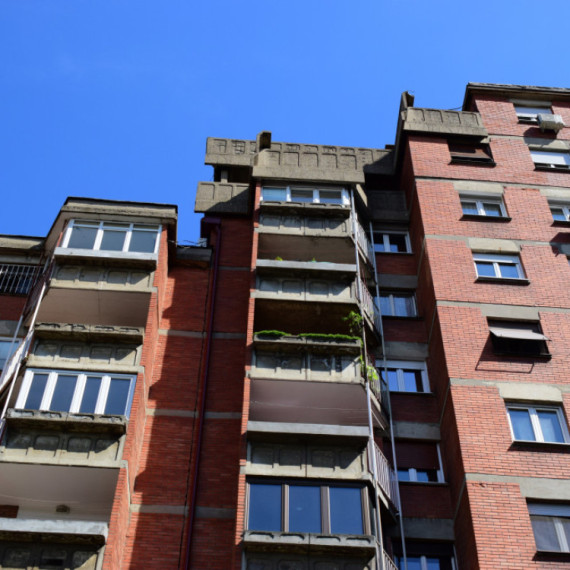






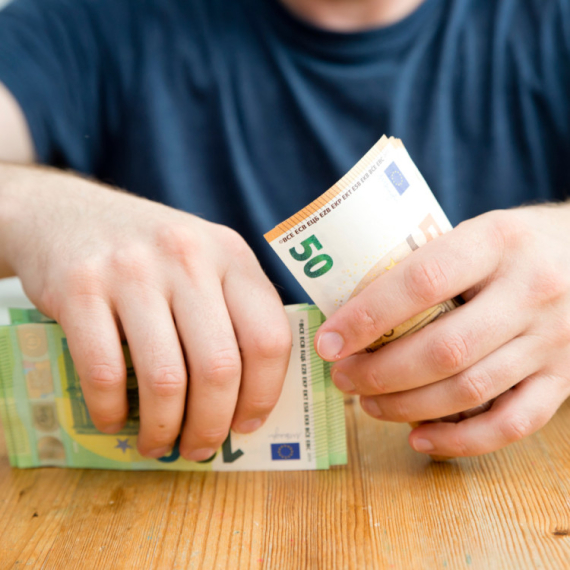


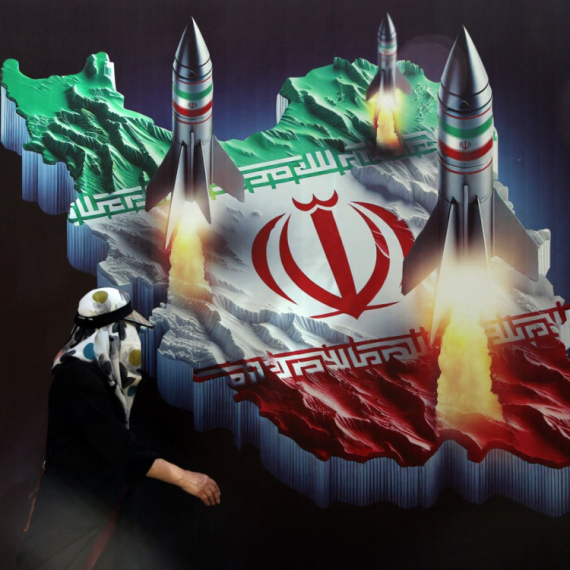

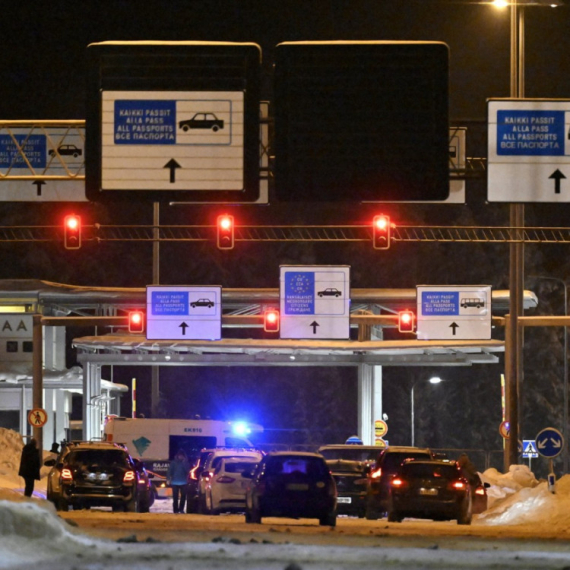

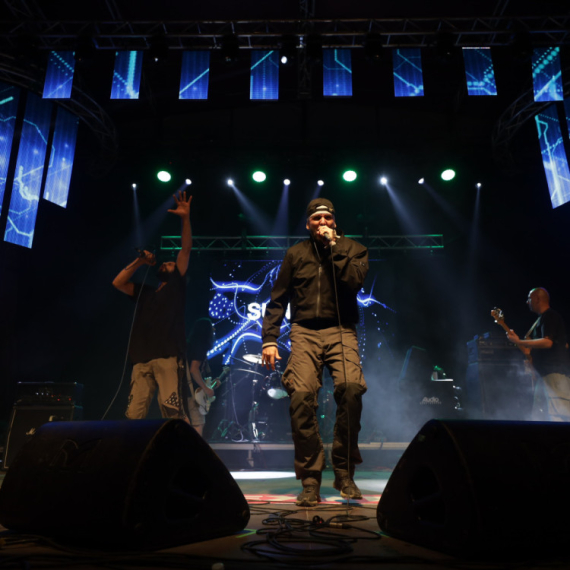
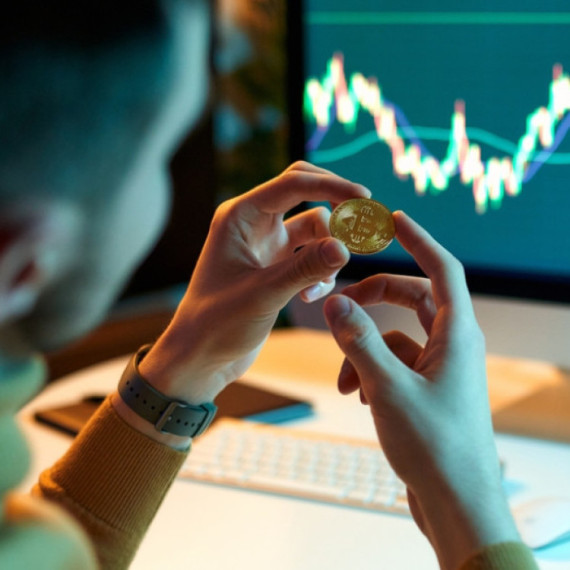
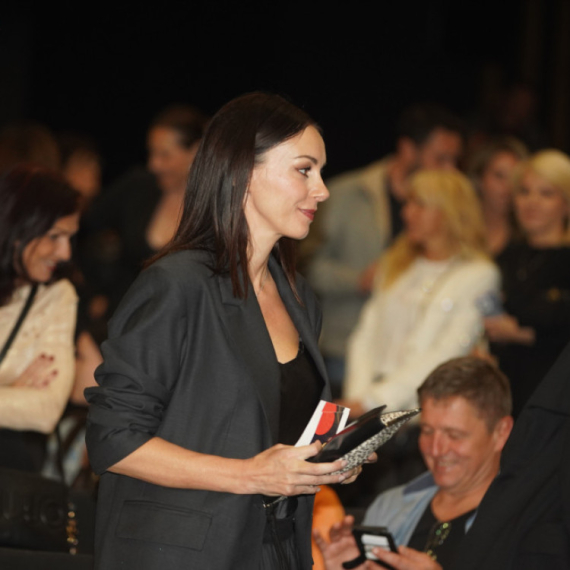























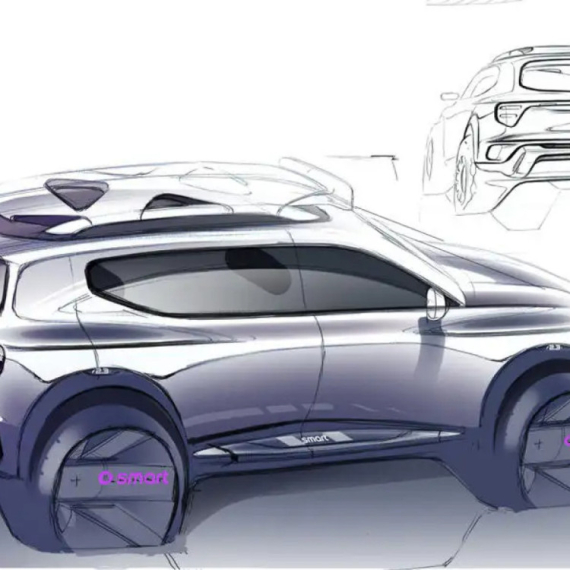



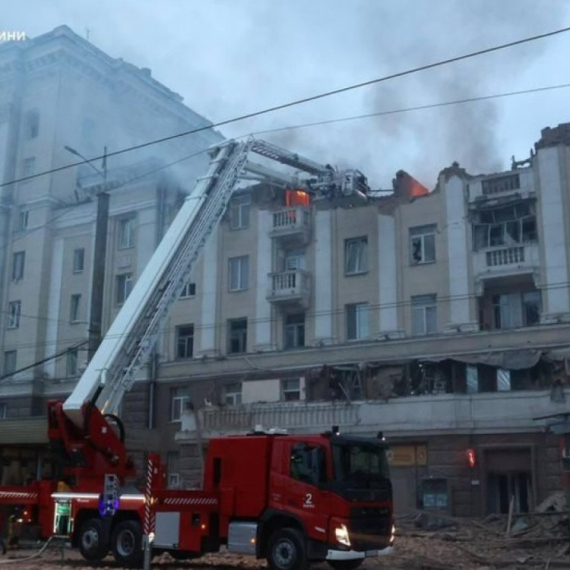
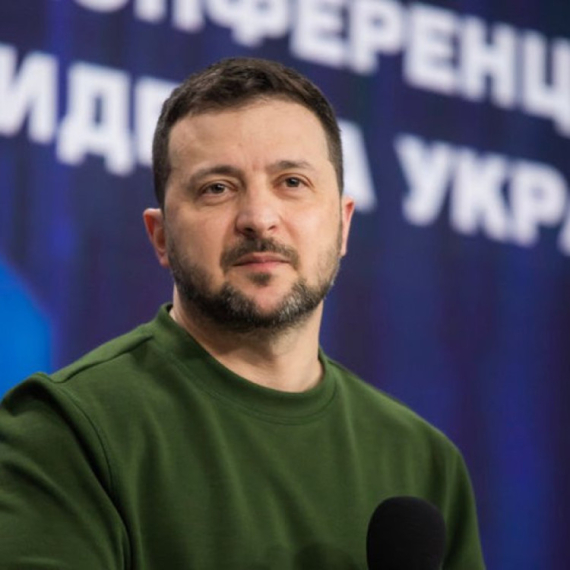


Komentari 3
Pogledaj komentare